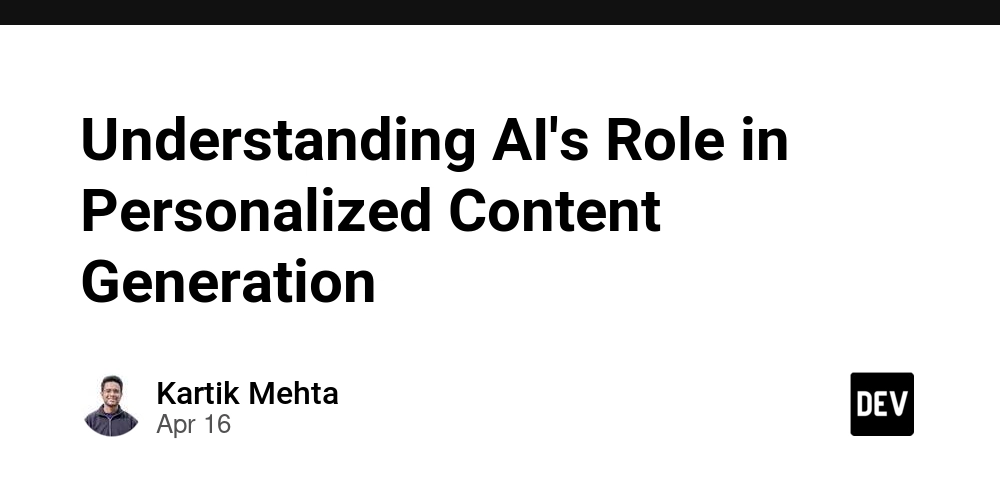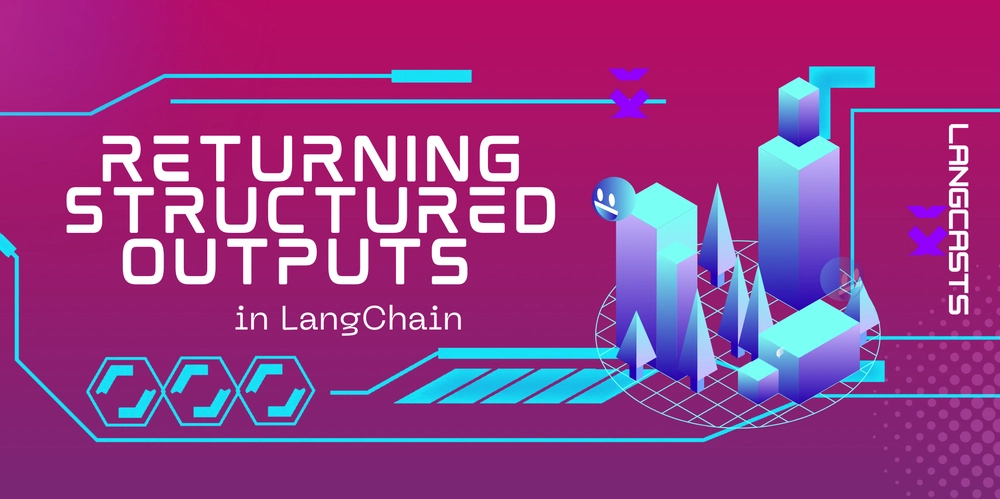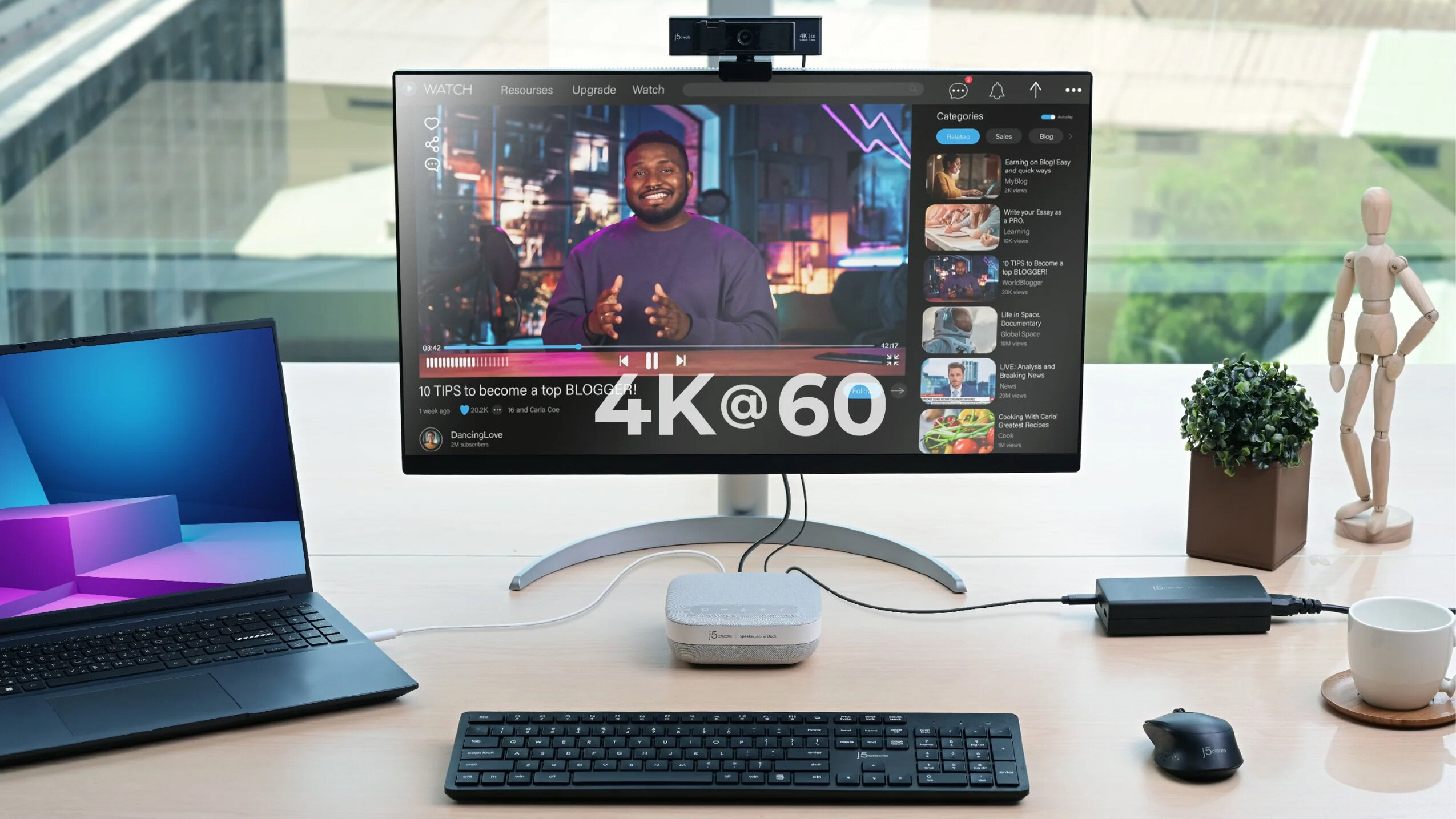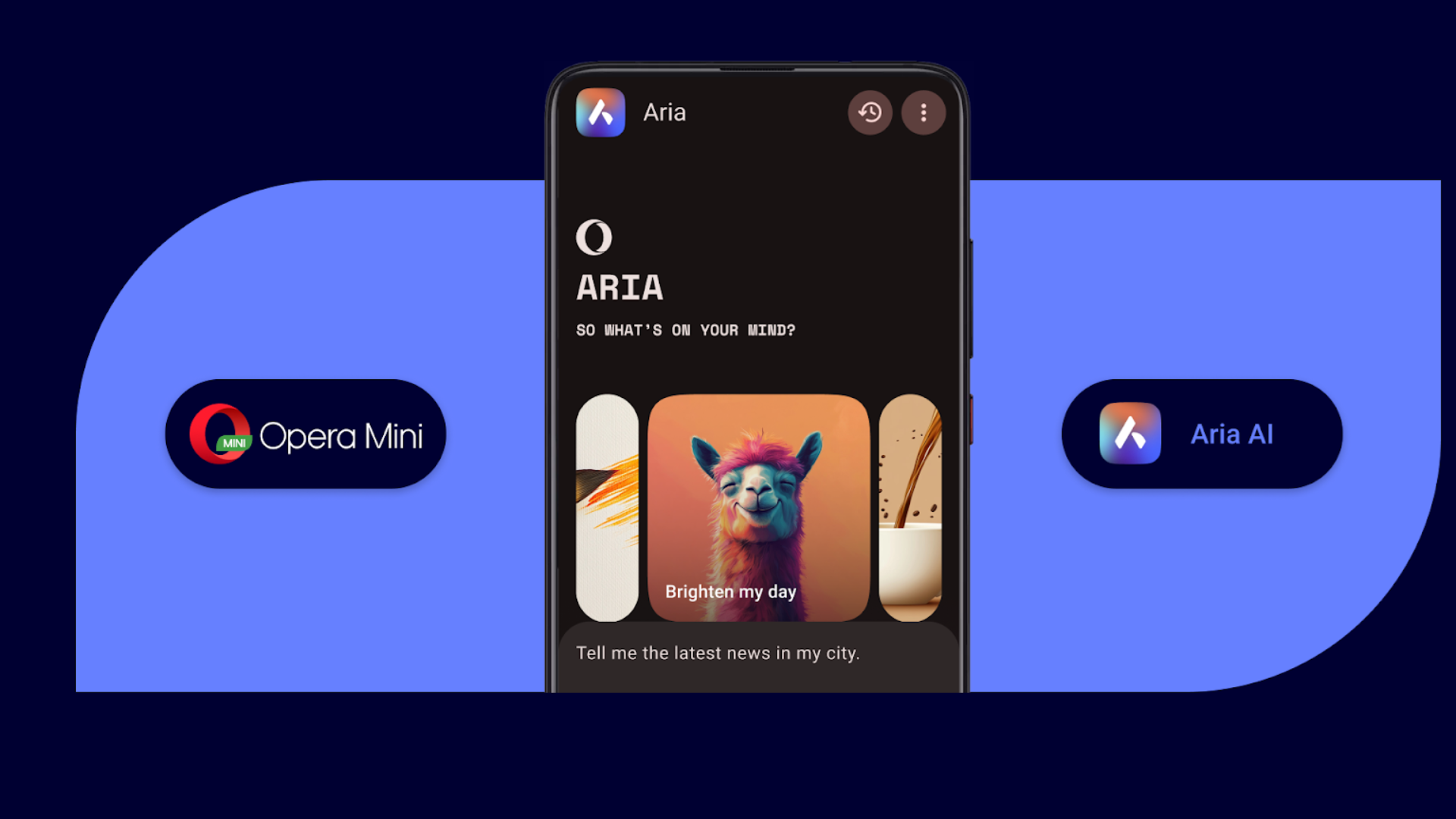Understanding AI's Role in Personalized Content Generation
Introduction: In today’s digital age, the demand for personalized content is on the rise. As consumers, we want content that is tailored to our interests, preferences, and needs. This is where artificial intelligence (AI) comes into play. AI’s ability to analyze massive amounts of data and learn from it has revolutionized content generation, making it more personalized and efficient. In this article, we will explore the role of AI in personalized content generation and its advantages and disadvantages. Advantages: One of the significant advantages of AI-powered personalized content is its ability to understand and cater to individual preferences. With AI, content can be targeted to a specific audience segment, ensuring a higher level of engagement and impact. Moreover, AI can analyze data in real-time, allowing for the creation of dynamic and relevant content. This not only saves time but also keeps the content fresh and up-to-date. Disadvantages: One of the drawbacks of AI-generated content is its lack of creativity. AI can only generate content based on the data it has been fed, which may result in it being formulaic and lacking the human touch. This can make the content seem robotic and less authentic, which may not appeal to all audiences. Additionally, there are concerns about AI taking over human jobs in the content creation process. Features: AI-powered content generation relies on machine learning and natural language processing, making it efficient and accurate. It can analyze user behavior and preferences to deliver content that is tailored to their interests. AI can also help personalize the tone and style of content as per the target audience, making it more relatable and engaging. Conclusion: In the digital age, having personalized content is crucial for any brand or business to stay competitive and relevant. AI has played a significant role in meeting this demand, with its ability to analyze data, learn from it, and generate personalized content efficiently. However, it is essential to strike a balance between AI and human input to ensure that the content remains authentic and creative. By understanding AI’s role in personalized content generation, we can harness its advantages and address its limitations to create a more impactful and engaging content experience for consumers.

Introduction:
In today’s digital age, the demand for personalized content is on the rise. As consumers, we want content that is tailored to our interests, preferences, and needs. This is where artificial intelligence (AI) comes into play. AI’s ability to analyze massive amounts of data and learn from it has revolutionized content generation, making it more personalized and efficient. In this article, we will explore the role of AI in personalized content generation and its advantages and disadvantages.
Advantages:
One of the significant advantages of AI-powered personalized content is its ability to understand and cater to individual preferences. With AI, content can be targeted to a specific audience segment, ensuring a higher level of engagement and impact. Moreover, AI can analyze data in real-time, allowing for the creation of dynamic and relevant content. This not only saves time but also keeps the content fresh and up-to-date.
Disadvantages:
One of the drawbacks of AI-generated content is its lack of creativity. AI can only generate content based on the data it has been fed, which may result in it being formulaic and lacking the human touch. This can make the content seem robotic and less authentic, which may not appeal to all audiences. Additionally, there are concerns about AI taking over human jobs in the content creation process.
Features:
AI-powered content generation relies on machine learning and natural language processing, making it efficient and accurate. It can analyze user behavior and preferences to deliver content that is tailored to their interests. AI can also help personalize the tone and style of content as per the target audience, making it more relatable and engaging.
Conclusion:
In the digital age, having personalized content is crucial for any brand or business to stay competitive and relevant. AI has played a significant role in meeting this demand, with its ability to analyze data, learn from it, and generate personalized content efficiently. However, it is essential to strike a balance between AI and human input to ensure that the content remains authentic and creative. By understanding AI’s role in personalized content generation, we can harness its advantages and address its limitations to create a more impactful and engaging content experience for consumers.




























![[Webinar] AI Is Already Inside Your SaaS Stack — Learn How to Prevent the Next Silent Breach](https://blogger.googleusercontent.com/img/b/R29vZ2xl/AVvXsEiOWn65wd33dg2uO99NrtKbpYLfcepwOLidQDMls0HXKlA91k6HURluRA4WXgJRAZldEe1VReMQZyyYt1PgnoAn5JPpILsWlXIzmrBSs_TBoyPwO7hZrWouBg2-O3mdeoeSGY-l9_bsZB7vbpKjTSvG93zNytjxgTaMPqo9iq9Z5pGa05CJOs9uXpwHFT4/s1600/ai-cyber.jpg?#)














































































































































![[The AI Show Episode 144]: ChatGPT’s New Memory, Shopify CEO’s Leaked “AI First” Memo, Google Cloud Next Releases, o3 and o4-mini Coming Soon & Llama 4’s Rocky Launch](https://www.marketingaiinstitute.com/hubfs/ep%20144%20cover.png)





































































































































































































![Rogue Company Elite tier list of best characters [April 2025]](https://media.pocketgamer.com/artwork/na-33136-1657102075/rogue-company-ios-android-tier-cover.jpg?#)







































































_Andreas_Prott_Alamy.jpg?width=1280&auto=webp&quality=80&disable=upscale#)





































































































![Apple Watch Series 10 Back On Sale for $299! [Lowest Price Ever]](https://www.iclarified.com/images/news/96657/96657/96657-640.jpg)
![EU Postpones Apple App Store Fines Amid Tariff Negotiations [Report]](https://www.iclarified.com/images/news/97068/97068/97068-640.jpg)
![Apple Slips to Fifth in China's Smartphone Market with 9% Decline [Report]](https://www.iclarified.com/images/news/97065/97065/97065-640.jpg)



































































































































